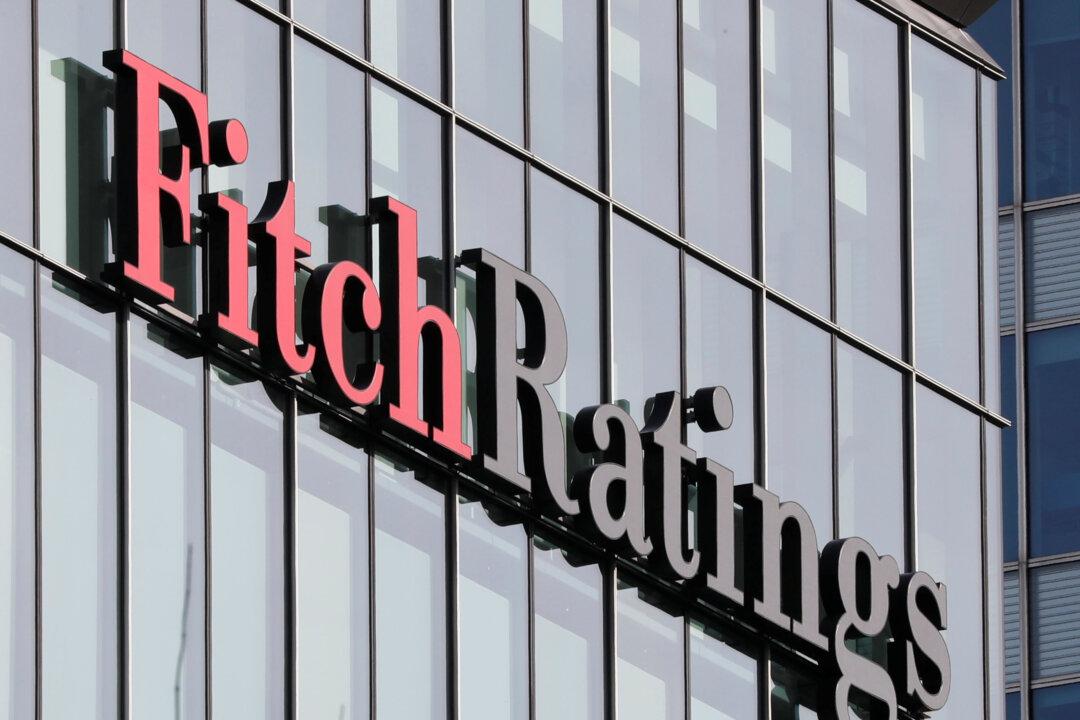Rating agency Fitch has downgraded the Long-Term Foreign Currency (LTFC) Issuer Default Ratings (IDRs) of 31 Russian banks from “B” to “CC” and Short-Term IDRs from “B” to “C.”
“Russian banks’ LTFC IDRs now reflect our opinion that some form of default on FC (foreign currency ) financial obligations or deposits is probable over the rating horizon, due to restrictions imposed on FC financial obligation payments to certain international creditors under the (Russian) Presidential Decree or broader intervention in the FC operations and deposits of the banking sector,” Fitch said in its rating action commentary.





